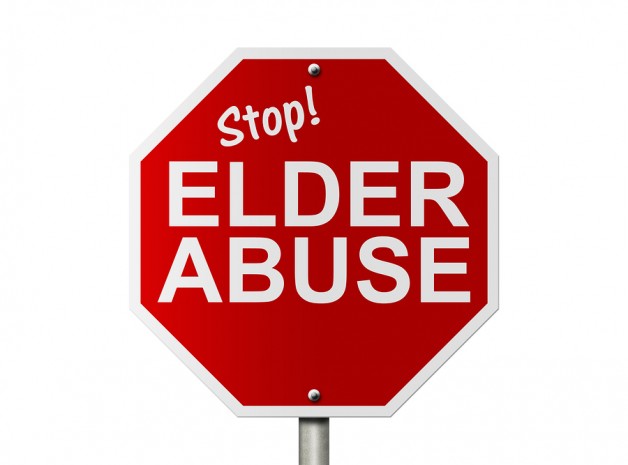Elder Abuse, Neglect, and Exploitation
/
Protect yourself or your loved one
The elderly often rely on others to meet their most basic needs. Statistics tell us that about 9.5% of the elderly population is abused every year. Elder abuse includes neglect, physical abuse, financial exploitation, emotional abuse, and sexual abuse. One out of every 14 cases occurs domestically, usually within the victims homes. Abuse also occurs in nursing homes and other facilities. Physical Abuse is defined as the use of physical force that may result in bodily injury, physical pain, or impairment. This can happen even if the motives are good. For example we have seen family members who force there elderly mother into the tub, because she has dementia and would not cooperate. This forcing caused minor injuries. When confronted the family stated they were just doing what the nursing home did. This is a shocking story, and often how physical abuse occurs. Psychological Abuse is defined as the infliction of anguish, pain, or distress through verbal or nonverbal acts. What is often just family conflict and strife can easily get out of control and lead to psychological abuse. Financial Abuse or exploitation is defined as the illegal or improper use of an elder’s funds, property, or assets. A family member, neighbor, friend, even a hired caregiver, anyone who is close to the person can manipulate and abuse them for personal selfish gain. Neglect is defined as the refusal or failure to fulfill any part of a person’s obligations or duties to an elder, or the failure on the part of an in-home service provider to provide necessary care. This can easily happen just by family members conveniently forgetting about their elderly parent. Caregiving is a hard stressful job, rather than properly finding the help that is needed. Ignoring the problem is abuse.
We all have the right to be free from abuse, neglect, and exploitation. If you suspect any form of abuse to an elderly person, it is important for you to report it. The types of abuse discussed above could happen to any of our community’s elders. Without intervention, abuse almost always escalates. Because victims are often reluctant to report abuse, a person’s safety may depend on you to recognize and report suspected abuse. It would be far safer for you to report a suspicion and be wrong, then remaining quiet while abuse occurs. It is important to know that more than two-thirds of elder abuse perpetrators are family members of the victims or close family friends, typically serving in a caregiving role. When elder abuse occurs, it can be addressed – if it comes to the attention of authorities.

If you need to hire homecare assistance, we recommend using a licensed agency rather than hiring privately. Homecare agencies must conduct criminal background checks, and BEAS registry checks. The BEAS registry (bureau of elderly and adult services) is a database containing information on founded reports of abuse, neglect or exploitation of incapacitated adults by a paid or volunteer caregiver, guardian or agent. There are individuals with a clear criminal background check who in in the BEAS registry. The NH BEAS registry can be reached at (603) 271-3269. Also, keep in mind; only criminals who get reported and charged have criminal records. Some homecare agencies and nursing facilities conduct pre-hire personality tests. These tests help determine if an applicant has a tendency toward certain types of crime or questionable behavior.

